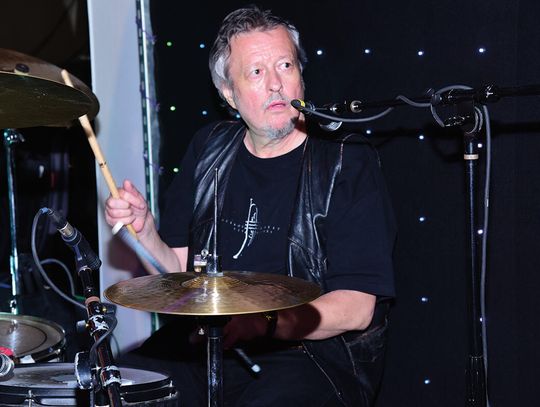Several of the emails sent to 22 institutions across Poland, Tuesday, claiming there were bombs at the Attorney General's office and other institutions were signed “anon.pl”.
An Internal Security Agency (ABW) official has told the tvn24 news station off the record that although the person or persons sending emails to institutions across the country, including hospitals and state prosecution offices, signed the emails anon.pl, indicating that they could be from the Anonymous hackers group, “there is no certainty that it was actually the Polish branch of Anonymous which sent the emails.
“We do not rule out that someone is impersonating them,” the official is reported to have said.
The Anonymous group hacked into government web sites last year as part of their protest against Poland signing the ACTA anti-internet piracy agreement.
The government eventually backed down from ratifying the agreement which critics said was a threat to freedom on the internet.
The dziennik.pl news site reports that the bomb hoax emails were sent in retaliation against “someone who is targeting us” one of the emails said.
Interior minister Bartłomiej Sienkiewicz confirmed yesterday that police had made one detention on Tuesday in connection with the false bomb threats.
“We can expect further arrests,” Sienkiewicz told a joint press conference with Prime Minister Donald Tusk after police arrested a man in Chrzanów in the southern Malopolska province.
One of the emails claimed that a bomb had been planted in a hospital in Chrzanów.
The mass emailing was “quite a sophisticated operation” the minister said, in that the source of the emails was concealed and sent from a server outside the country.
On Wednesday morning another man was arrested in connection with investigations in the Malopolska region, Sienkiewicz told Radio Zet.
Over 2,000 people were evacuated from buildings on Tuesday.
Although no bombs were found, police say they are taking the hoaxes extremely seriously.
“It was an act of terror,” police spokesman Mariusz Sokolowski said.
The perpetrators face up to eight years in prison0.
(pg)
Reklama











